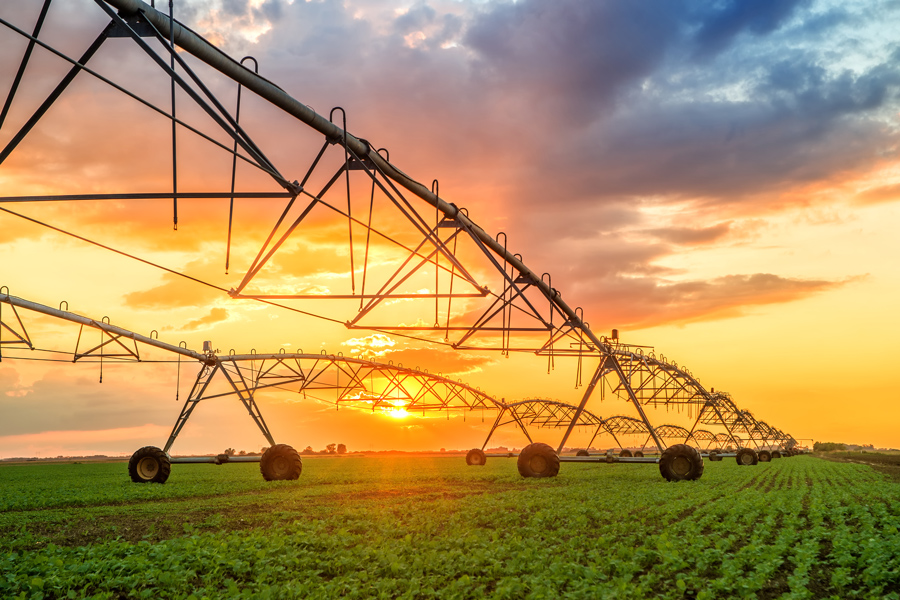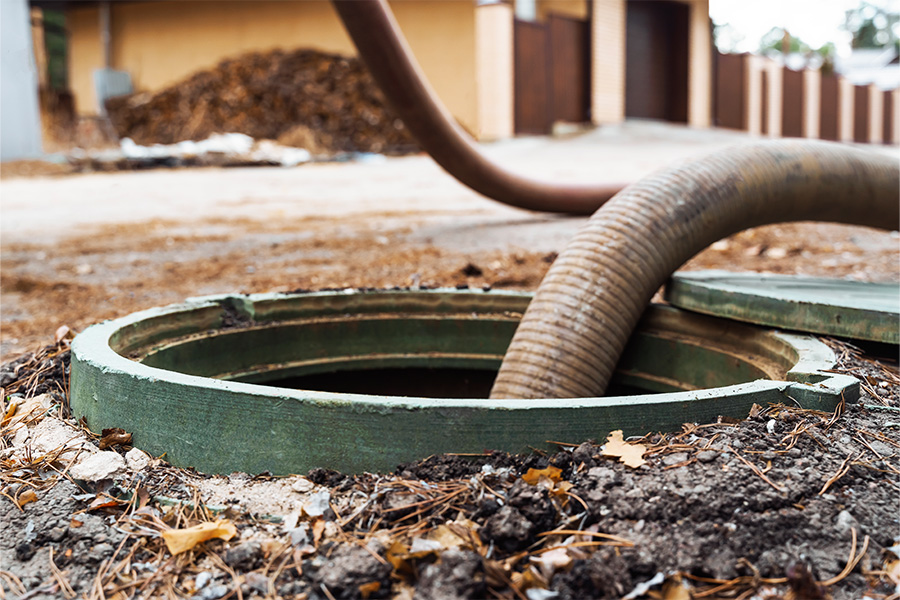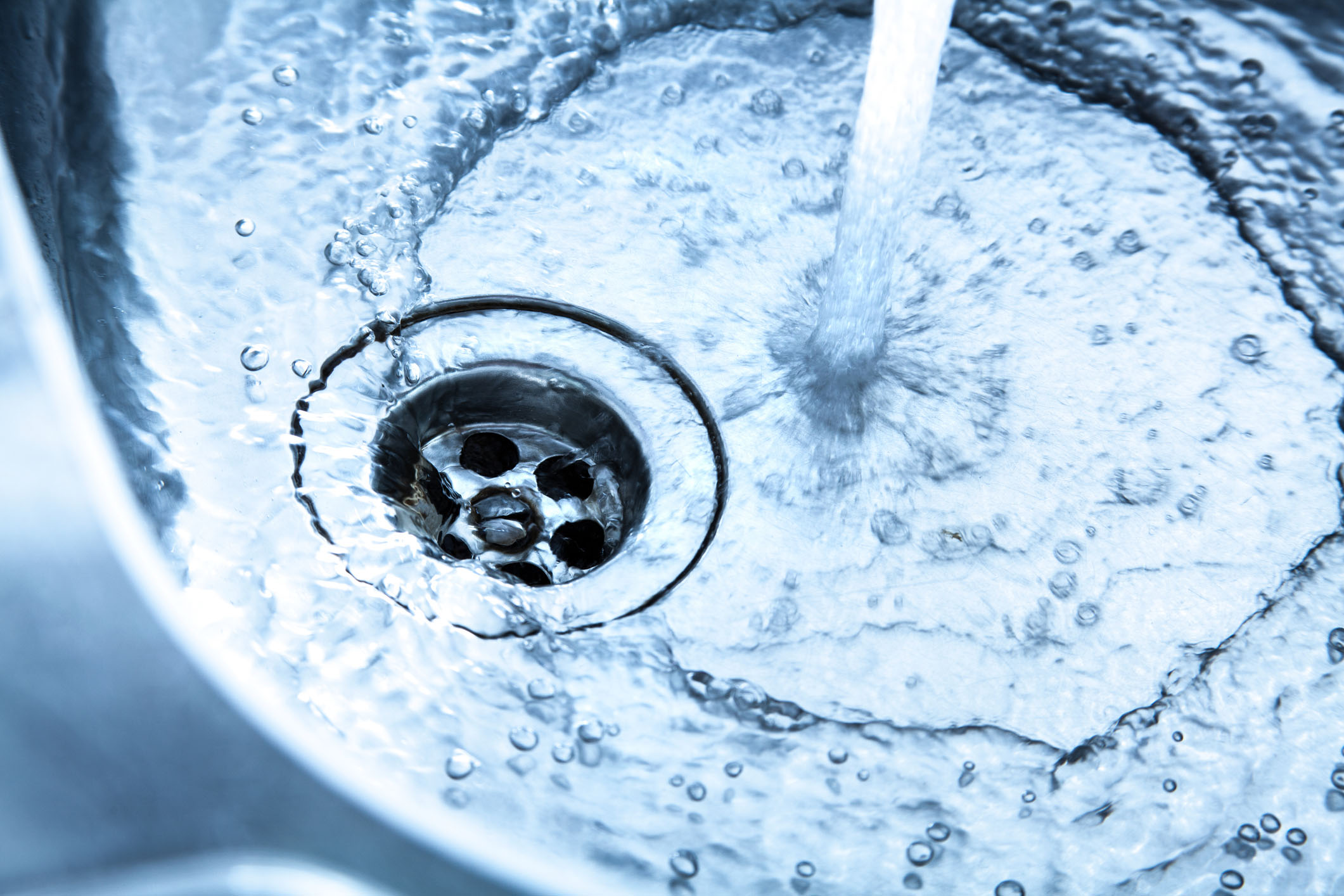Water
-

B 1276
Water Management Assessment
The Greenhouse*A*Syst series of publications is a confidential self-assessment program you can use to evaluate your greenhouse business for risks associated with water management issues. Armed with facts and figures, you will then be able to reevaluate your management strategies and determine ways to conserve water and minimize those risks. By following the guidelines, you will be able to establish a formal companywide water conservation plan. Implementation of this plan will facilitate more efficient use of resources and impart significant savings in water use, fertilizer and pesticides. This publication will help you take a candid look at how you approach water management.
Bodie V. Pennisi
|
-

B 1277
Water Quality Assessment
The Greenhouse*A*Syst series of publications is a confidential self-assessment program you can use to evaluate your greenhouse business for risks associated with water management issues. Armed with facts and figures, you will then be able to reevaluate your management strategies and determine ways to conserve water and minimize those risks. By following the guidelines, you will be able to establish a formal companywide water conservation plan. Implementation of this plan will facilitate more efficient use of resources and impart significant savings in water use, fertilizer and pesticides. This publication will help you determine your water quality and help you develop a management plan to monitor your water quality.
Bodie V. Pennisi
|
-

The Greenhouse*A*Syst publication Series has been developed to assist greenhouse owners with the task of assessing three management issues: Water management, Environmental Risk and Business Profitability. This publication will also help you establish a water conservation document you may find useful if and when state or local water authorities develop policies or implement water restrictions. Most water authorities are favorably impressed with businesses that have developed water conservation plans.
Bodie V. Pennisi
|
-

This publication covers microfiltration, which is used for physical removal of contaminants from water. It describes how these processes work, their situation-specific usefulness/applications, maintenance needed for their proper functioning, and guidance for the consumers to select the appropriate filter.
Uttam K. Saha, Douglas M. Collins, Gary L. Hawkins, Pamela R. Turner, and Laurel Dunn
|
-

C 1331-01
The Bucket Method
This publication describes the Bucket Method and how someone would use this method to measure the streamflow in a stream, creek, or river to be used in developing a Low Flow Plan required for a agricultural withdrawal permit. Part of the Stream Flow Measurements series.
Gary L. Hawkins and Ernest W. Tollner
|
-

Crop water requirements are not static during the growing season. They vary with crop growth stages and environmental conditions. Advanced irrigation scheduling tools use data collected from or near the field where crops are growing to provide timely information on how much water crops need and when they need it, and generally result in optimizing irrigation water use.
Phillip Edwards, George Vellidis, Wesley Porter, Jason Mallard, David Hall, and Emily Kranz Bedwell
|
-

Perfluoroalkyl and polyfluoroalkyl substances (PFAS) are a group of more than 9,000 manmade chemicals that have been in use worldwide since 1940, primarily in industry and numerous commercial and consumer products. The widespread use of PFAS for the past several decades has raised concerns due to their persistence, bioaccumulative nature, and potential adverse health effects. This publication provides information about the background, uses, and environmental and human health consequences of PFAS chemicals, as well as the EPA’s primary drinking water regulation standards and water treatment systems for removal/reduction of these chemicals from drinking water. Testing options and PFAS monitoring efforts by the Georgia EPD are included along with references for further reading.
Gary L. Hawkins, Pamela R. Turner, and Uttam K. Saha
|
-

Many buildings and homes have on-site wastewater management systems, commonly called septic systems. Because septic systems are buried, it is easy to forget about them as they quietly, elegantly and efficiently maintain human and environmental health. Septic systems are the norm in rural areas, but they can be quite common in urban areas as well. It is important to know if your building is on a septic system. This publication explains the basics of septic systems.
L. Mark Risse, Gary L. Hawkins, and Mussie Habteselassie
|
-

B 1563
Oxidizing Filters
Private well waters often contain high levels of iron, manganese, and hydrogen-sulfide. While these contaminants are not considered to have any human health consequences, they can cause various issues such as staining, impaired taste, and odor problems once their concentration exceeds certain levels, and homeowners need an appropriate system to remove them—such as an oxidizing filter. Oxidizing filters operate using oxidation, which occurs when a substance comes into contact with oxygen or another oxidizing substance. Everyday examples of oxidation are rust and the brown color that develops on a cut apple. This publication discusses various aspects of oxidizing filtration technique such as applicability, types of filter media, maintenance, etc.
Gary L. Hawkins, Brenda Jackson, Pamela R. Turner, Uttam K. Saha, Laurel Dunn, and Laura Ney
|